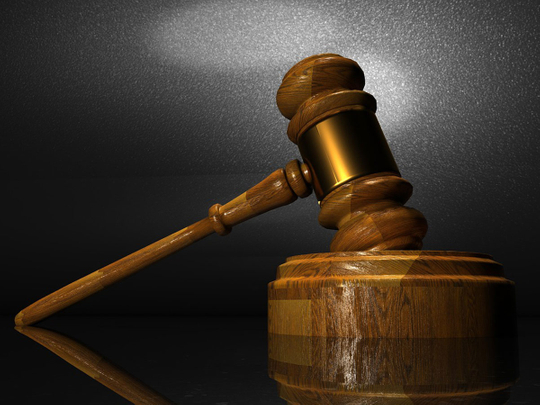
I am currently on visit visa in Dubai. A company has given a verbal agreement for a software job. I am confused as the company did not give me a written offer but only told me verbally about the job package, and informed me that I should start work immediately. The employer also mentioned that he will give me a temporary contract for a few months and then a final contract later. My question is: Should I start working without an official job offer letter and on visit visa? My employer said as long as I in the probation period, as per the UAE labour law, I don’t need to get a work permit.
I would like to advise the questioner that the offer by the company is considered a violation of the labour law. In case the questioner is caught working while on a visit visa, he will be punished, fined and slapped with a work ban. Therefore, the questioner is advised to work with the mentioned company legally through an employment visa along with contract in order to secure his rights with the said company.
Shareholders’ right
As per the UAE commercial law, do the shareholders have the right to interfere in the operations of the company? What are their responsibilities towards the company creditors?
A Limited Liability Company (as defined by Article 71 of UAE Federal Law No. 2 of 2015 concerning the Commercial Companies (New CCL) that came into force on July 1, 2015, replacing the existing Federal Law No. 8 of 1984 and its amendments concerning the Commercial Companies) is a company where the number of partners is at least two but shall not exceed 50. A single natural or corporate person may incorporate and hold a LLC. The holder of the capital of the company shall not be liable for the obligations of the company other than to the extent of the capital as set out in its Memorandum of Association.
The effect of the provisions of the UAE Commercial Companies Law in relation to limited liability companies provides:
-The shareholders who are not also directors shall have the right to inspect the operations of the company, to examine its books and documents in addition to providing advice and guidance to the manager.
-The company shall have a general assembly consisting of all the shareholders, which shall meet at least once a year during the four months following the end of the financial year.
-The agenda of such meeting must include hearing the manager’s report concerning the activities and the financial status of the company during the year, the auditor’s report, and a discussion of the balance sheet and profit and loss account in addition to ratifying them.
-Any of the shareholders, whether in person or by his agent, has the right to examine minutes of the general assembly meeting and resolutions and he shall also have the right to examine the balance sheet and profit and loss account and the annual report.
-The company must have an auditor of accounts elected by the general assembly to audit accounts of the company and to observe whether the law and the constitutive documentation of the company have been observed. He must submit his report stating the result of the examination to the general assembly.
-The company must set aside 10% of its net profits to form the statutory reserve and the shareholders may decide to stop setting aside such monies if the reserve reaches one-half of the capital.
-The Court constructed from the above that shareholders of an LLC are required by the law to be aware and informed of its profit and loss accounts.
The general rule is that a shareholder in an LLC is responsible only to the extent of his share/shares in the capital of the company. The exception to this general rule, as the Court reasoned, is that such shareholder will be held personally liable, if he exploited the principle of the independent liability of the company, as means to conceal his fraudulent acts or misappropriation of the funds of the company in order to cause harm his partners or creditors. In such case, the protection bestowed by law for shareholder in a limited liability company will not apply. He will be held liable in his personal capacity for such dispositions in a way that such liability will extent to his personal assets.
Questions answered by advocate Mohammad Ebrahim Al Shaiba, of Al Shaiba Advocate and Legal Consultants












